 Gilinsky has built a reputation as a turnaround specialist for troubled creditors. Photo: Grupo Gilinski
Gilinsky has built a reputation as a turnaround specialist for troubled creditors. Photo: Grupo Gilinski
Colombia in the early 1990s was not a place for the faint of heart.
At the time, the South American country was the world's main producer of cocaine, and drug traffickers such as the notorious Cali Cartel were causing unrest. It was big business, and some banks couldn't resist serving customers involved in guns, drugs and fraud.
Bank of Credit and Commerce International (BCCI), nicknamed the «International Bank of Crooks and Criminals», was the main creditor. Founded in Luxembourg in 1972, BCCI has become the seventh largest private bank in the world, operating in 78 countries with assets of more than $20 billion (£16.4 billion).
Years later, however… an undercover US law enforcement operation that involved infiltrating Colombian drug cartels, the fraud-ridden lender went bankrupt in 1991, resulting in the longest liquidation in history.
Although a number of BCCI executives were jailed amid the fallout from the bank's collapse opened up opportunities for others.
Jaime Gilinsky Bacal, a Harvard University graduate and former mergers and acquisitions banker at Morgan Stanley, snapped up BCCI's Colombian assets for next to nothing. There are no hints of any violations on his part.
In an interview last year, he said: “I read in the FT that BCCI Bank has gone bust. I dreamed of becoming a banker, so I contacted Touche Ross, the liquidators, and asked if I could buy the Colombian business.»
Gilinsky, still in his 30s at the time, began restructuring the bank to stem the outflow of assets. Four years later, Gilinsky nearly quadrupled the bank's assets and cashed them out, making a significant profit on his investment after selling the renamed Banco Andino for $70 million.
The venture also earned Gilinski a reputation as a businessman. turnover specialist. Three decades later, the 65-year-old is still taking responsibility for troubled creditors. Gilinsky stepped in at the weekend to save Metro Bank after regulators identified potential buyers willing to snap up the struggling lender.
The 65-year-old will lead a £150 million equity raise at a significant discount , investing £102 million of his own money through his investment company Spaldy Investments. If the deal is approved, Spaldy, already Metro's largest investor, will increase its stake from 9.2% to 53%, making Gilinski Metro the majority shareholder.
His stake in Metro first became public in November 2019 following a major accounting error at the bank. At the time, Metro shares were trading at around 200 pence, compared with the 30 pence the bank will sell as part of its upcoming fundraising plan.
To date, he has left his daughter to play an active role in Metro on behalf of the family. Dorita Gilinsky, an Oxford graduate who also holds an MBA from Harvard, was appointed to Metro's board of directors as a non-executive director last year.
So why is Gilinsky stepping in now to act as Metro's white knight ? One City analyst says: “Making money is that easy.”
He adds: “I think he will try to get out of the game when he is satisfied with the return on his investment or decides that the profit cannot be achieved.”
On Sunday night, the billionaire pointed to his support for Metro's branch model at a time when competitors are closing thousands of branches.
He said: “The opportunity to become a major shareholder of the bank is driven by my belief in the need for physical and digital banking, underpinned by a focus on exceptional customer service.”
“I believe the package, announced today [Sunday], will allow the bank to continue to grow and build on the fundamental work done over the past three years.»
Although Gilinsky, who is worth an estimated $5.3 billion, lives in London with his family, according to Forbes, he was previously little known in the UK. So, could regulators be concerned about one man taking control of a UK bank with almost three million customers?
City officials don't think this will be a problem. The analyst says: «I thought the refinancing deal would have been discussed with the regulator before it went public, so I'm guessing the regulator must have already done its due diligence and is happy with it.»
Despite After the mad scramble to save Subway over the weekend, Gilinski doesn't appear to be one for making rash decisions. After selling his stake in the former BCCI, Gilinski and his family purchased Banco de Colombia in 1994 for $365 million. This was at that time the largest privatization in the history of the state.
To complete the deal, Gilinsky enlisted the help of approximately 100 international investors, including high-profile figures such as George Soros, who reportedly contributed $50 million. Once again, just three years later, the family sold control of the bank in 1997 in a deal worth $800 million.
After investing in Spain and the UK in recent years, Gilinsky has turned his attention back to Colombia's business community earlier this year, he wrested control of the country's largest food company from its most powerful business group.
He fought a terrible takeover battle in partnership with the Abu Dhabi royal family. Gilinsky acquired a majority stake in Nutresa in May.
The investment is now expected to generate significant returns. It was previously reported that part of Gilinsky's assets were kept in more than three dozen companies in the British Virgin Islands (BVI) and Panama, where he is a citizen and once held a diplomatic post. Spaldy Investments is headquartered in the British Virgin Islands.
Gilinski's lawyers have previously responded to such claims by stating: «Mr. Gilinski has always conducted himself with dignity and credit.»
After building his career and fortune from the ruins of the BCCI, Gilinski faces the challenge of turning around the embattled Metro.
Last year, when asked what his chances were of winning the battle for Nutresa, he said it was simple “a matter of patience, time and persistence.”
After Metro's emergency launch, Gilinsky may need all three to succeed this time.

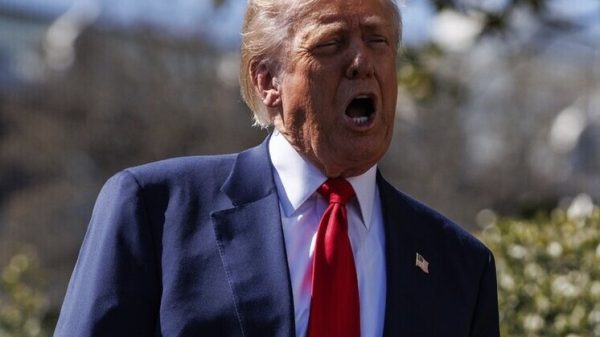
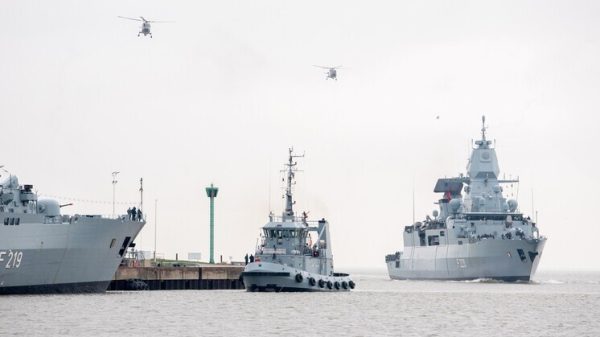
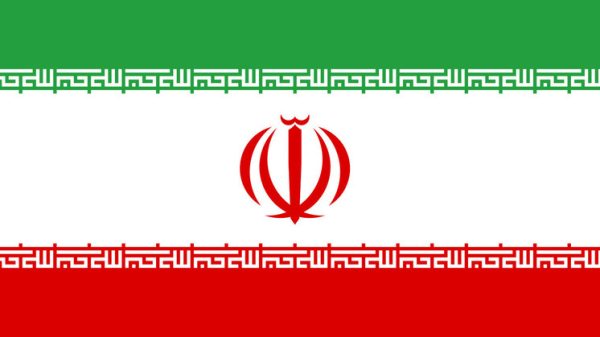



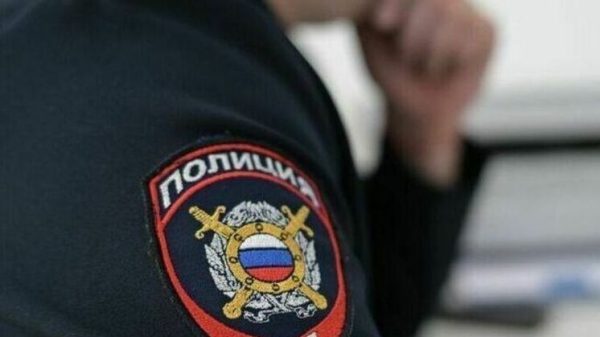

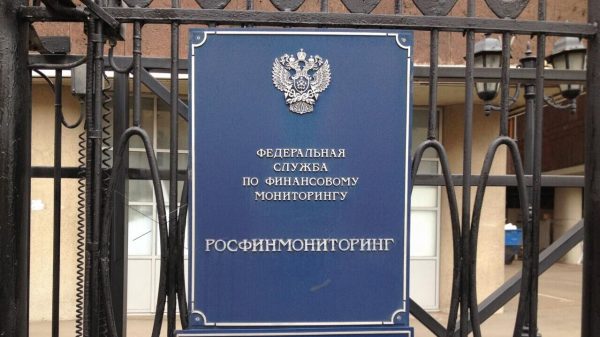

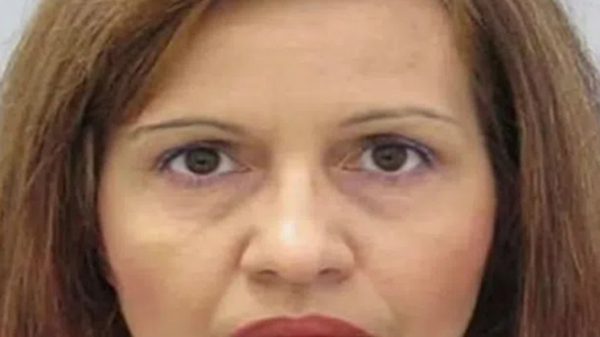


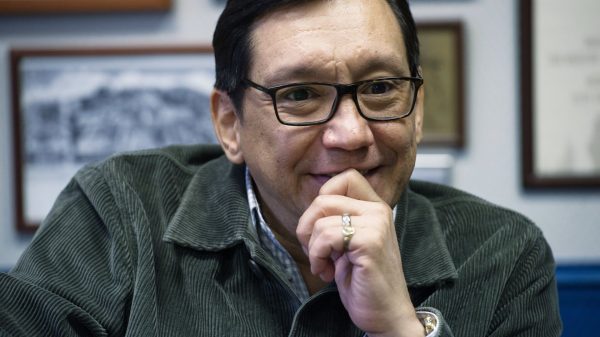
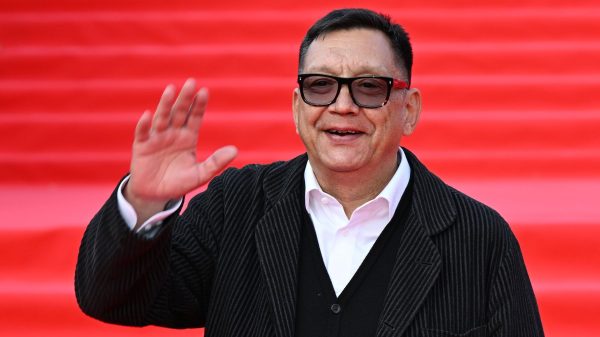

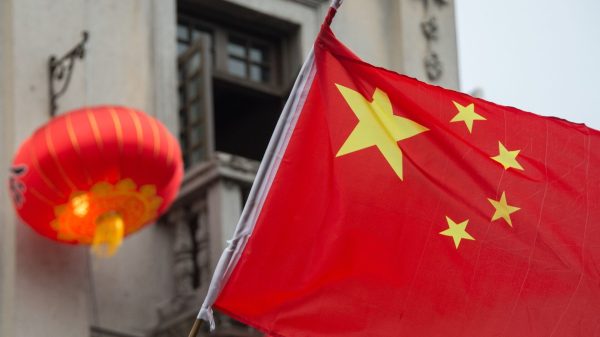

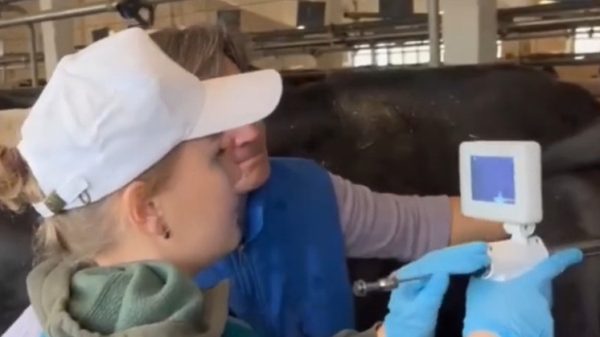
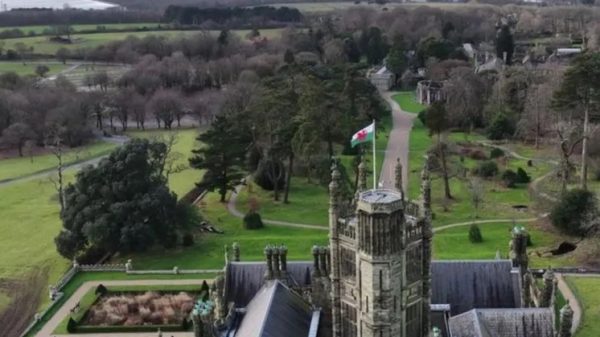
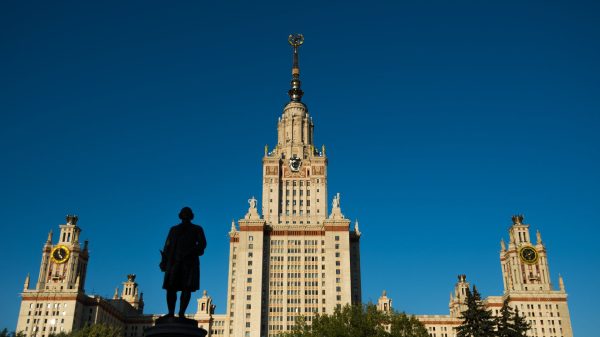









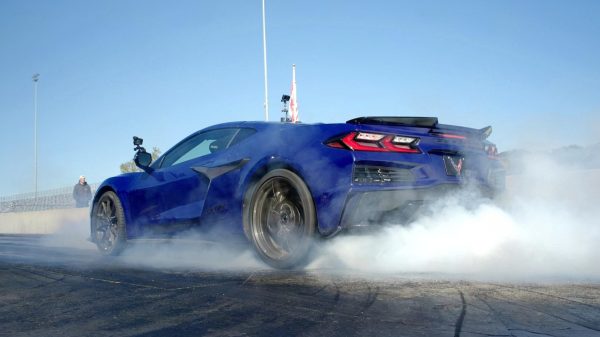























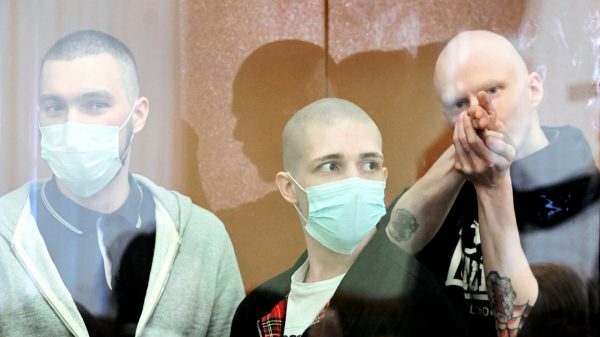

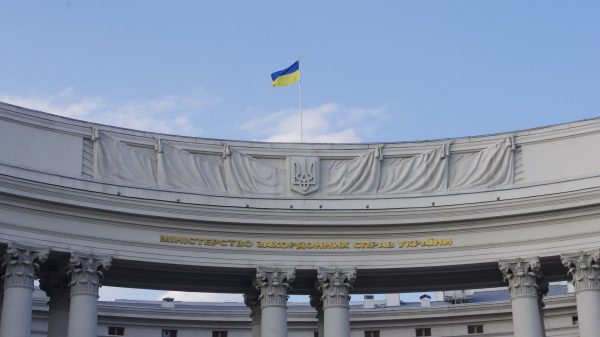
Свежие комментарии